Chuck Prather, 2024-25 Restaurant Director, FRLA Board of Directors Executive Committee
President, Birchwood Development, St. Petersburg
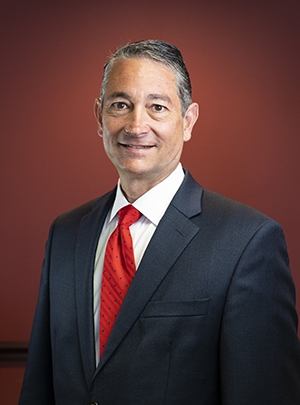
Welcome to Executive Insights: The Interview Series where we will be sharing a bit more about FRLA’s 2024 Board of Directors Executive Committee. Enjoy this fun Q&A with Restaurant Director Chuck Prather!
How did you get started in the industry?
I started in the industry when my father had me pick up cigarette butts in the parking lot of his Burger King restaurant in 1968. I got my first taste of money when he would pay me 25 cents! Do you know how much candy a seven-year-old kid could buy for 25 cents in 1968?!
What is the most rewarding part of what you do?
Making smiles: The hospitality business is about service and exceeding expectations.
What is the most important piece of advice you have ever given/been given?
Speak less, listen more. With the advancement of social media platforms, society finds itself “speaking” of feelings, opinions, and positions. Too often, we don’t take the time to thoughtfully listen to each other.
Why is it important for professionals to get involved with FRLA?
Strength is in numbers. Whether it is the ability to share experiences and ideas with others in our industry or mentor students in our school culinary programs, FRLA has proven to be invaluable to me. FRLA also allows for a unified effort to confront those in government and present them with our challenges. Every year, new laws are written, or poor laws are modified to make for a better hospitality industry.
What emerging trends in hospitality do you find most intriguing?
The popularity of TV chefs and cooking shows have shown young people how much excitement can be had in hospitality.
What qualities make a successful hospitality team?
Communication and caring. With clearly written direction and stated goals, give the team members a clear vision of what is expected. We also must foster a “family” type culture allowing the employee to feel appreciated and respected.
What is the most interesting place you have ever traveled to?
Exploring the Amazon jungle on the border of Peru and Ecuador and spending time with the Achuar tribe. You have not lived until you have been served Chicha by the tribal chief.
Favorite Florida destination?
Anywhere is the Florida Keys!
If you could only eat one cuisine for the rest of your life, what would it be?
Lobster/seafood
If you could dine with any historical figure, who would it be?
Mother Teresa of Calcutta
What is the most memorable Florida hotel or restaurant experience you have had as a guest?
The World Equestrian Center in Ocala. The entire property is breathtaking.
Beach or mountains?
Mountains on the beach!
How do you believe the principles of hospitality can be applied to other industries?
The old adage of “The customer is always right” should be the mantra of all companies, no matter the industry, who interact with customers.
What is the most important piece of advice you have ever given/been given?
We all have different temperaments, talents, and convictions. Do your best to respect everyone you have contact with, no matter how much you may agree or disagree with them.
What would you say to those coming up in the hospitality industry?
Embrace the excitement and energy that is had in hospitality.







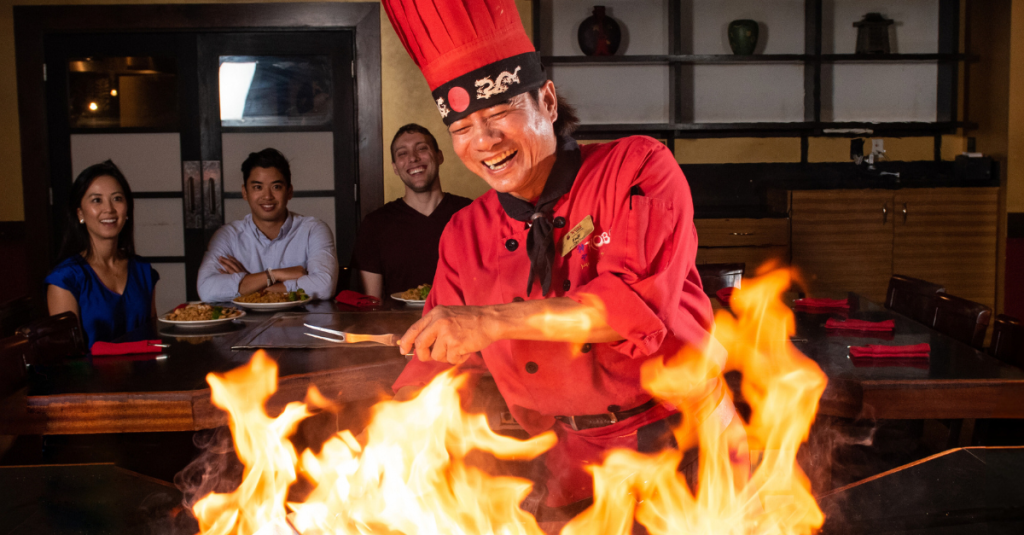

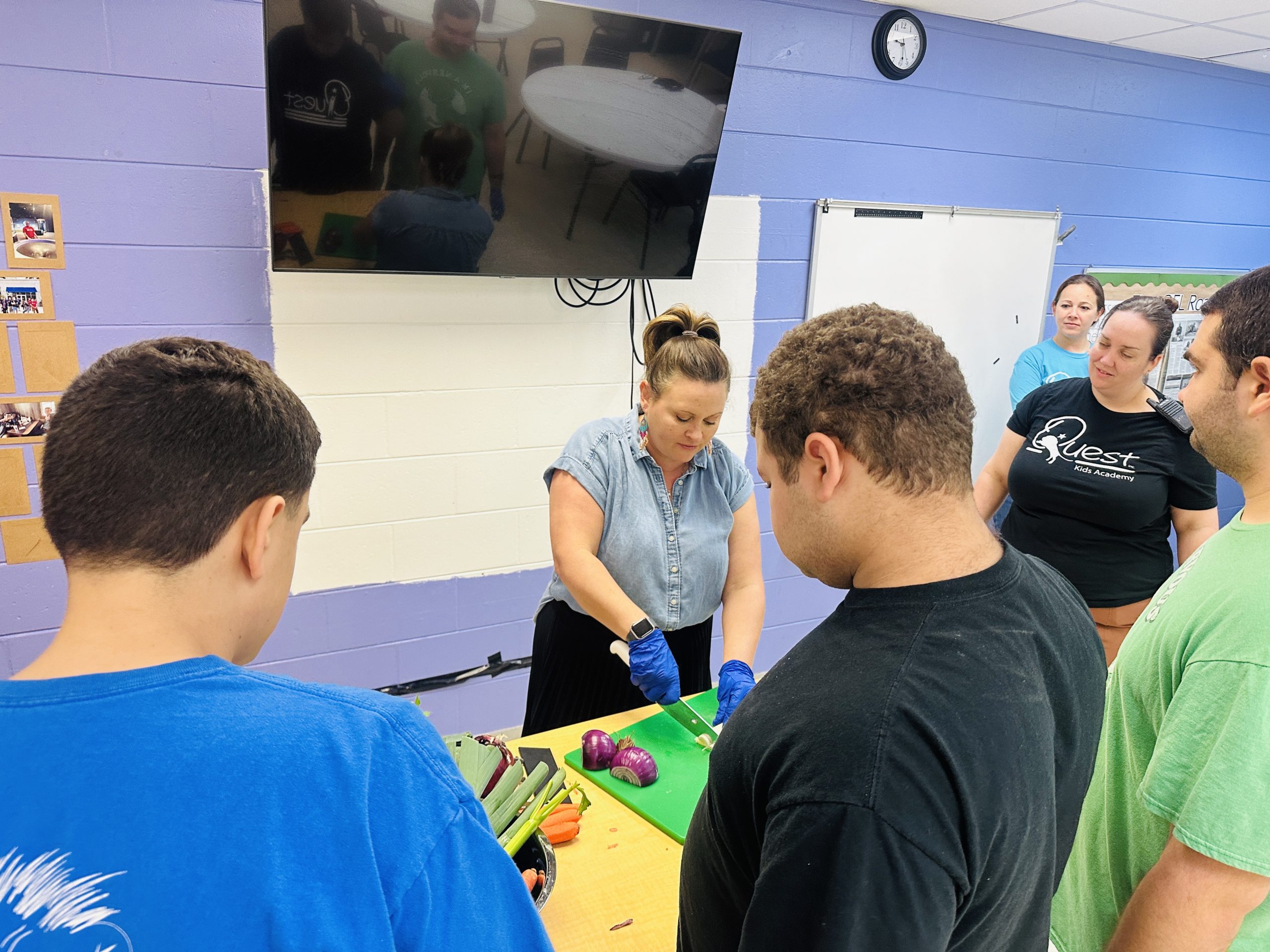


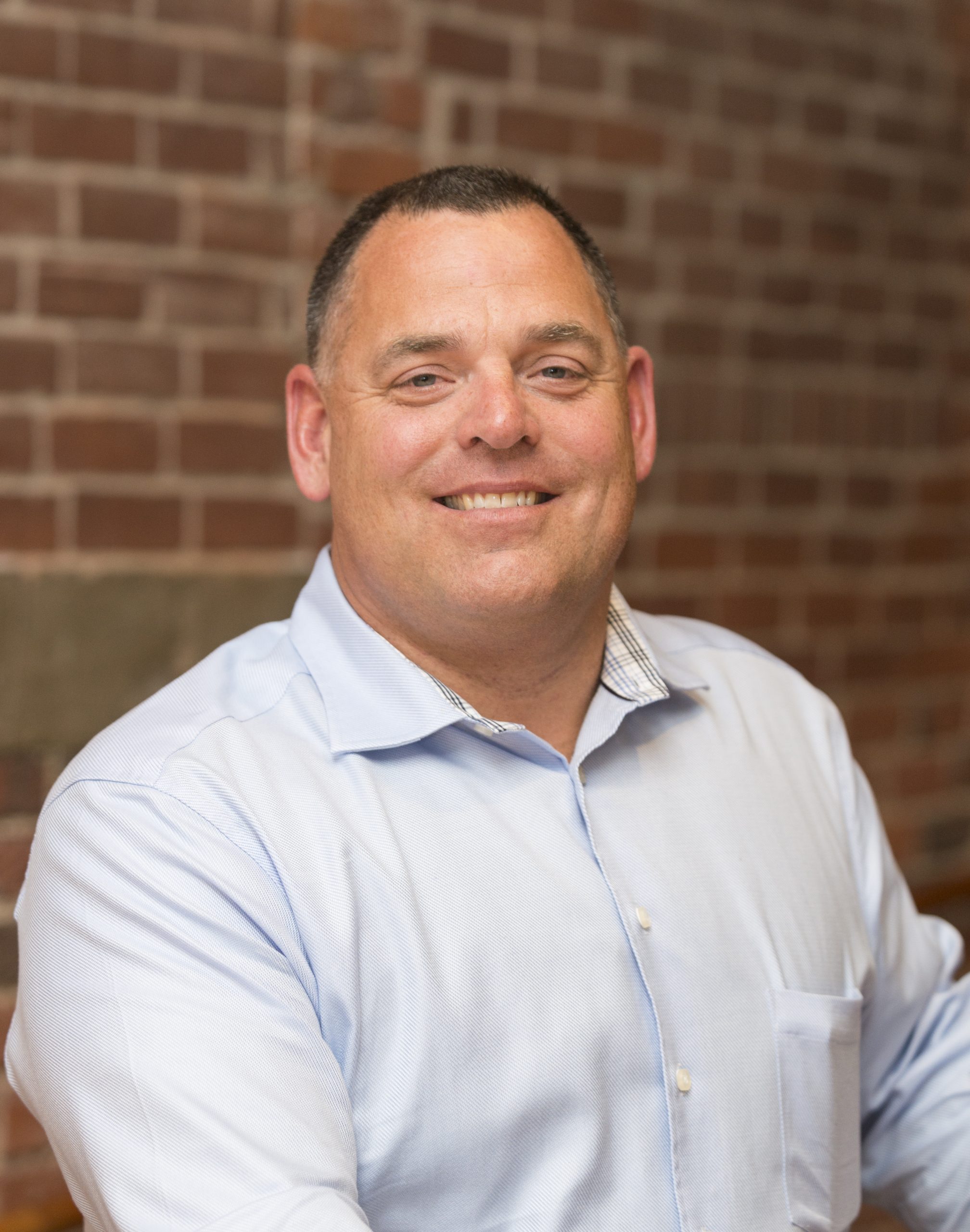
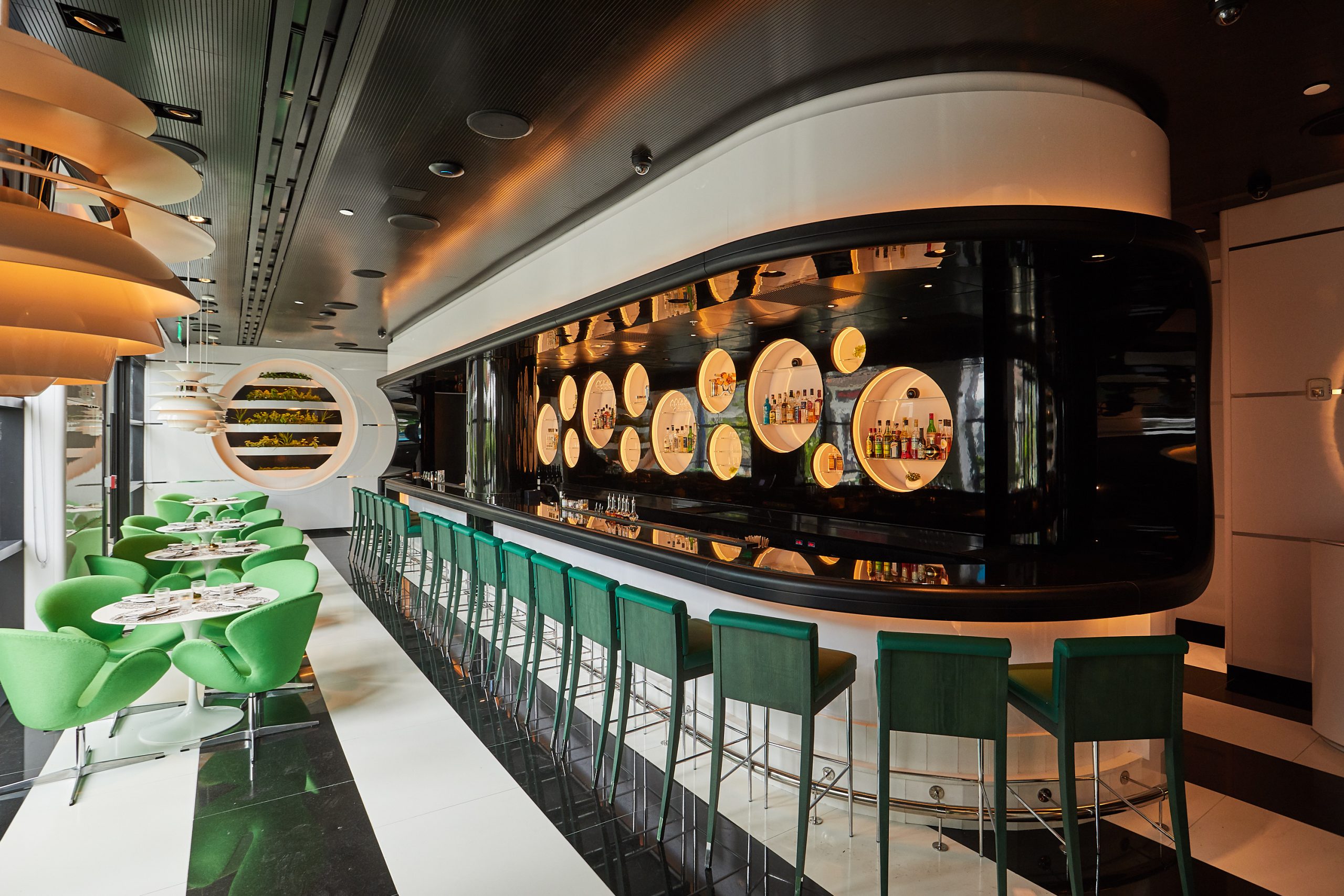 in Florida since 2014 and some of my favorite projects have been for The Diplomat Beach Resort and L’Atelier de Joël Robuchon Miami. Currently, our Miami team is working on the completion of Hilton Fort Lauderdale Marina’s new event center.
in Florida since 2014 and some of my favorite projects have been for The Diplomat Beach Resort and L’Atelier de Joël Robuchon Miami. Currently, our Miami team is working on the completion of Hilton Fort Lauderdale Marina’s new event center.